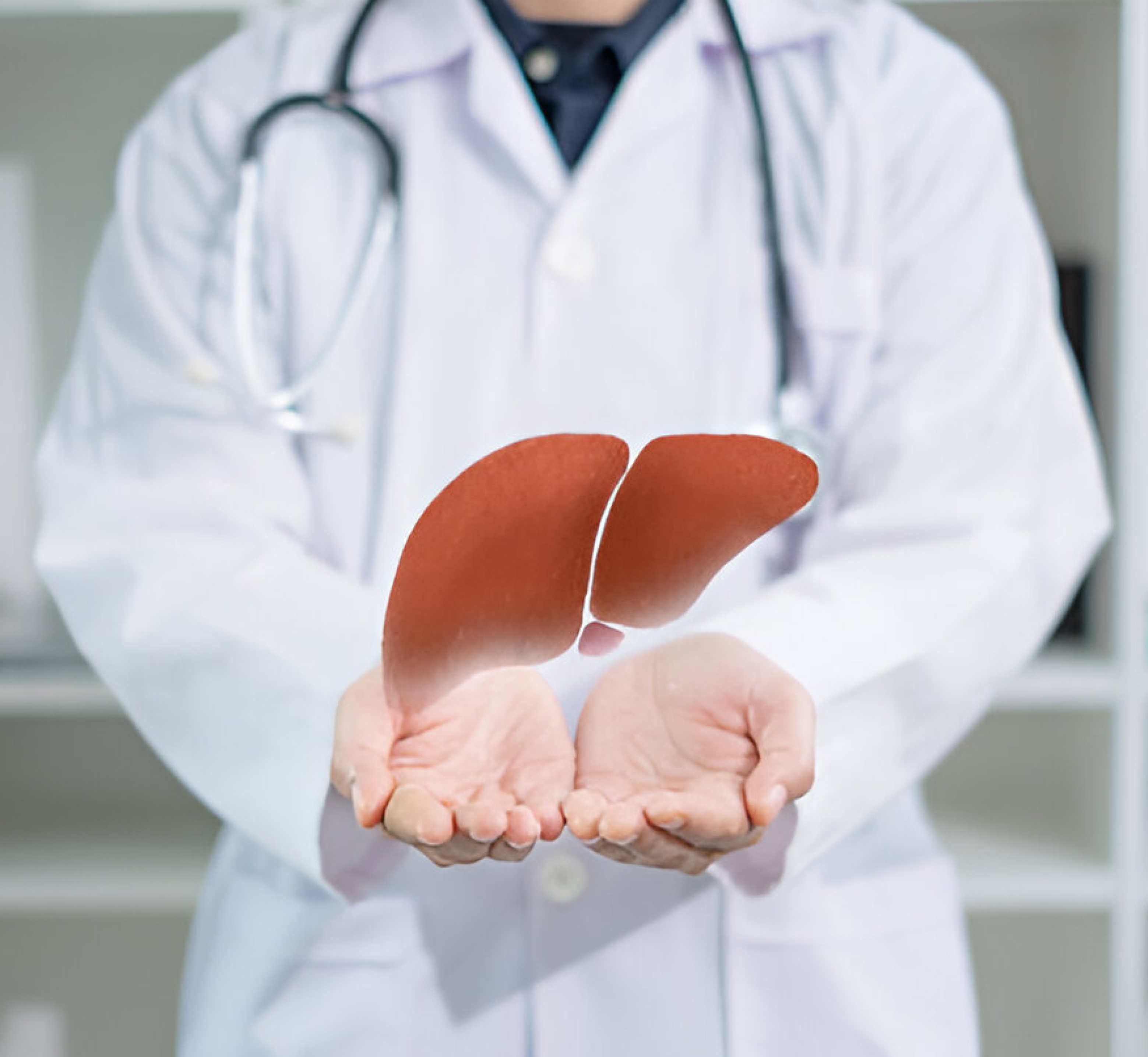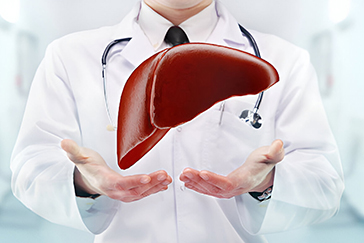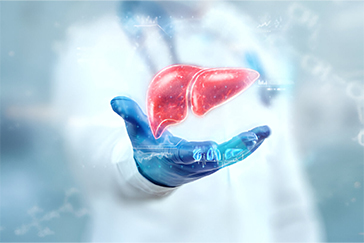 Book Appt.
Book Appt.
 Call Now
Call Now


Liver cancer is a life-threatening disease and one of the most rapidly developing cancer kinds in the United States. There are two types of liver cancer: primary and secondary. Primary cancer starts in the liver. Secondary cancer spreads to the liver from another section of the body. This page provides an overview of primary liver cancers. Healthcare practitioners may do more to treat liver cancer early on, as they can with many other types of cancers. Unlike many types of cancer, healthcare experts understand what raises a person's risk of acquiring liver cancer. With that in mind, healthcare experts are working hard to identify those who are at a higher risk of developing primary liver cancer.
Type of liver cancer
There are three kinds of primary liver cancer:
Symptoms
When liver cancer is in its early stages, you may experience no symptoms at all. Hepatocellular carcinoma (HCC) and intrahepatic cholangiocarcinoma (IHC) share similar symptoms:
Causes
Liver cancer develops when something damages the DNA of healthy liver cells. DNA contains the genes that tell our cells how to function. We all have genes that determine when cells should grow, reproduce, and die. Oncogenes, for example, promote cell proliferation and division. Other genes, known as tumor suppressor genes, regulate cell activity, preventing cells from proliferating uncontrolled and ensuring cells die when they should.
Diagnosis
If your healthcare professional notices liver cancer signs and symptoms during your physical examination, they may suspect you of having the disease. They could order the following tests to learn more:
Treatment
Healthcare professionals offer a variety of conventional therapies for HCC and IHC, including surgery to remove a portion of your liver, liver transplantation, and liver-directed treatments such as hepatic artery embolization and ablation. They may also employ various forms of chemotherapy, chemoembolization, radiation treatment, radioembolization, immunotherapy, and targeted therapy.
Prevention
While it is not possible to entirely avoid liver cancer, you can reduce your chances of developing it by doing the following:
Conclusion
Liver cancer is a complex disease with several risk factors and treatment options. Early detection and prevention efforts are critical to mitigating its impact. Raising awareness about liver health, getting regular medical check-ups, and living a healthy lifestyle can all help to reduce the incidence of liver cancer worldwide. If you or a loved one is experiencing symptoms connected to liver health, contact a healthcare expert right away to guarantee early intervention and the best potential outcomes.
SHALBY Sanar International Hospitals provides extensive medical procedures backed up with our state-of-the-art technology and a team of highly qualified & experienced clinical experts.
Our doctors pen down their research findings and experiences from time to time. Their words provide deep insight into the latest techniques, technologies and other advancements in healthcare. It provides expert answers to all kinds of health questions for real-life issues.
VIEW ALL




Since the day of its foundation, SHALBY Sanar International Hospitals is committed to provide comprehensive healthcare services. It regularly organizes awareness programs in its premises and encourages outdoor healthcare activities and camps with an intent to put focus on preventive healthcare.
VIEW ALL